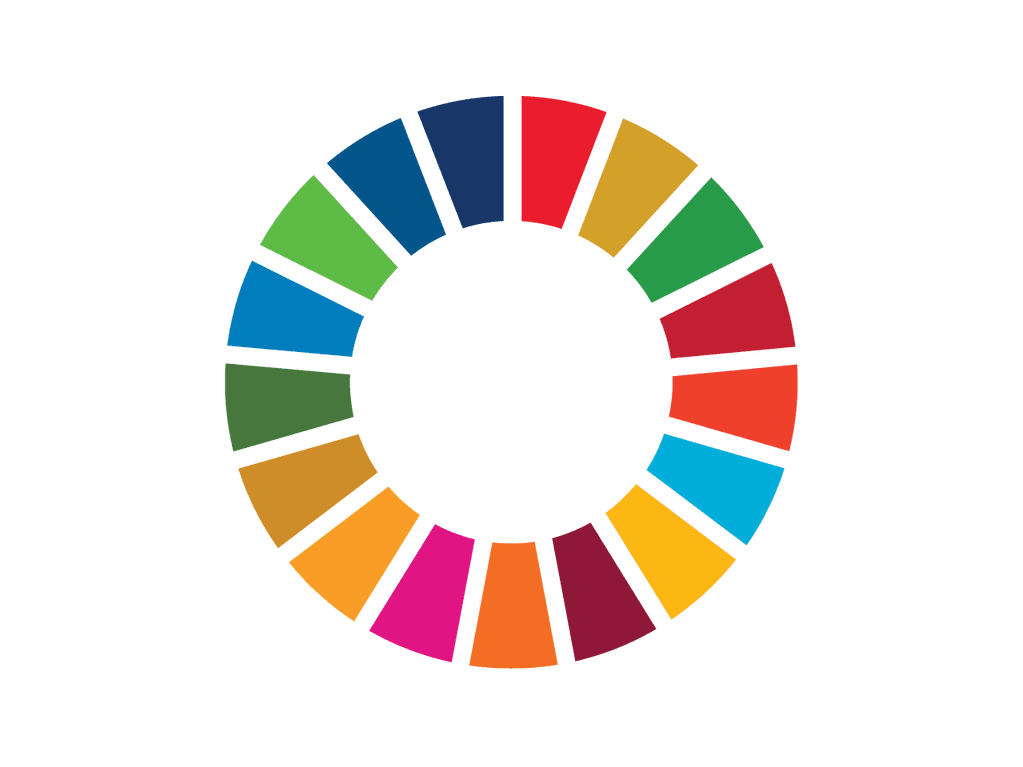Challenge
We need to do more to fund the transition to a post growth economy by funding businesses to transition to Alternative Ownership Enterprise Models driven from outside the Finance Industry, because the industry is not creating transformational change itself.
To expand a little:
Funding the transition to a post growth economy
We need to transition our economy, and the businesses which comprise it, away from extractive, growth oriented capital into a post-growth regenerative future where finance is in service to life, rather than life being in service to finance.
This is essential if we are to evolve from an industrial society into an ecological civilisation.
But for many, even those leading the way on creating change, the way forward is unclear:
We don’t yet know what the alternative to capitalism is. - Simon Sharpe, S-Curve Economics, during Business Declares ‘Surviving the Polycrisis’ panel, Sept 2024
Funding businesses to transition to Alternative Ownership Enterprise Models
However, there are many examples of businesses operating in a post growth paradigm; meeting people’s needs, operating profitably, and even growing, that are not driven by short-term shareholder primacy and extractive growth but that are purpose driven, enabled by alternative business models such as steward-ownership, co-operatives or employee-ownership.
Critically, the question that faces us now is not whether Alternative Ownership Enterprise Models are desirable, but how to ensure they are financed. - Erinch Sahan (DEAL) & Julie Menter (Transform Finance), Pioneers Post, 2024
Driven from outside the Finance Industry
There is a strong case to be made for this financial transition being driven from outside the financial industry, because the industry is stuck in a mindset which prevents it from finding viable escape exits from it’s death loop.
All expert communities are prone to what the French call 'deformation professionelle' and the German Betriebsblindheit. Expressed in plain English, experts tend to establish a peer world-view which becomes ever more rigid and focused. Yet the crucial insights regarding the issue in question may lurk at the fringes... This is particularly true when the issue is the very survival of our civilization, where conventional means of analysis may become useless. - Hans Joachim Schellnhuber, What Lies Beneath, 2018
Industry is not creating transformational change
“The fundamental question this Blueprint asks is: do current Sustainable Finance initiatives set us on a path of transformation to new and sufficient finance and economic systems? The fundamental answer: A resounding no.” - Bill Baue & Ralph Thurm, R3.0 Blueprint 6: Sustainable Finance, 2021
Description
Transforming Transition Finance is an emergent inquiry into tipping points in the transition of businesses from extractive capital ownership into Alternative Ownership Enterprise Models which enable the adoption of regenerative and redistributive practices.
We will investigate people-power as a transformational lever of change alongside institutions. 56% of people around the world believe that capitalism, in its current form, does more harm than good. Yet there are limited opportunities for them to proactively influence the economic system. We believe this pent-up demand within society can trigger positive tipping points in the financial system.
Forward thinking actors, such as our contributors Triodos Bank are well aware that the Finance Industry’s short term growth imperative is at the expense of the future of the sector, the economy, and probably life as we know it. And yet, they are the exception. Constrained by the prevailing mindsets and worldview, it has proved impossible for the industry as a whole to imagine or establish itself as an agent of change.
We want to learn from emerging actors who are creating pathways towards a viable future, such as contributors Doughnut Economics Action Lab, Purpose Foundation, The Barefoot Lawyer and Business Declares.
Equally, we want to understand the experience of entrepreneurs and founders who are actively trying to transform their business with a model fit for the future. Such as German company Haferkater who have crowdfunded the buy-back of investors' shares to enable a steward model.
There remains a stubborn pinch point in financing the transition from the extractive system into the regenerative. Whilst growing numbers of impact investors cluster the other side of the divide, waiting for regenerative, post-growth businesses to start-up or find ways across themselves, very few are actively helping companies to transition.
We want to break the dam holding investors and businesses back from a paradigm shift.
Methodology
We will do this by holding open spaces for inquiry and funding participants to carry out further research and case studies into:
- Transition finance models - researching business case studies to identify the challenges and opportunities faced by transitioning businesses and models that support transition.
- People power as a tipping point - examining the opportunity for people power to influence financial decisions and structures by transforming both mindsets of the public, business and investors and financial mechanisms
- Prototyping transition pathways - developing proposals for prototypes and partnerships that address the individual and collective behaviours and institutional dark matter that could enable social and financial tipping points to trigger.
We will host a series of online conversations that engage leading practitioners not as experts with the solution, but as insightful provocateurs that can enlighten our approach.
These conversations will map the field for further participatory inquiry with practitioners and contributors, followed by an invitation for participants to carry out further work into promising areas of inquiry, through research and case studies, supported by honorarium of £700 per proposal.
Collectively, this work will demonstrate the possibility, establish partnerships and light more pathways towards a viable future.
Outcomes
We want to make transition finance a ‘thing’, part of our cultural conciousness that can be animated by people and institutions alike, by investigating, proposing and promoting a plurality of pathways that can finance businesses to transition into a post-growth, regenerative economy.
